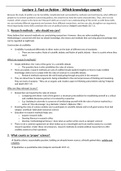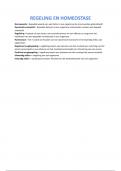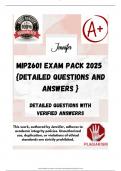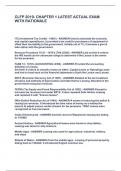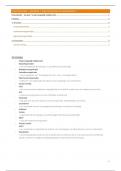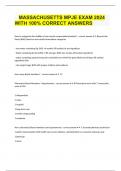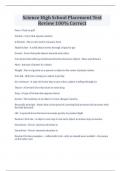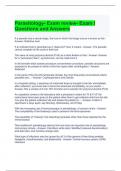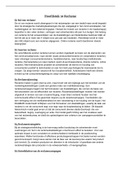Study guide
Introduction to Political Science Research Exam Part 1
- Instelling
- Universiteit Van Amsterdam (UvA)
- Boek
- Political Research
This is a comprehensive summary for the first exam in IPRes 2019. It contains all the notes from the lectures, slides, and notes from all the assigned readings, organized and well explained. I got an 8.5 for this exam, so it will most probably be helpful.
[Meer zien]
